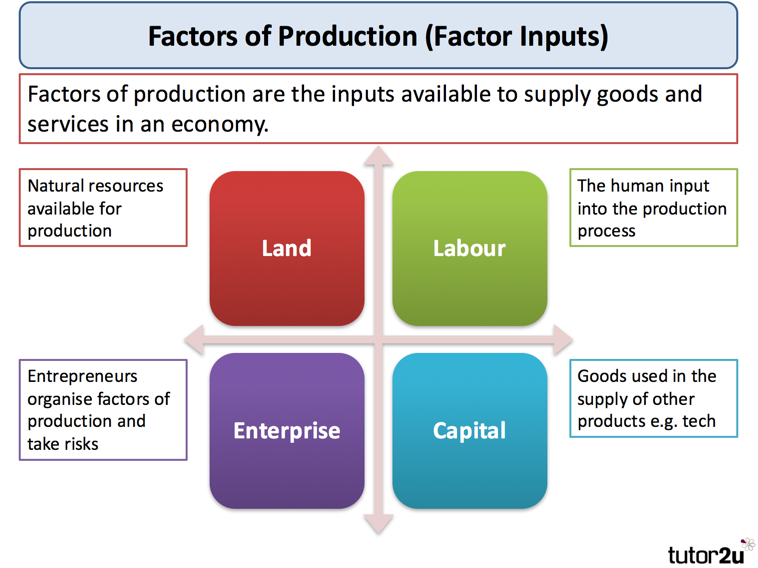- Nov 14, 2011
- 120,818
- 65,689
- 2,635
Of course the economy is sliding. The president doesn't give tax breaks in a good economy. The fed doesn't cut the federal fund rate in a good economy. The stock market doesn't turn flat in a good economy.The economy is not failing or struggling...don't believe the media...believe your own bank account and your own eyes....






